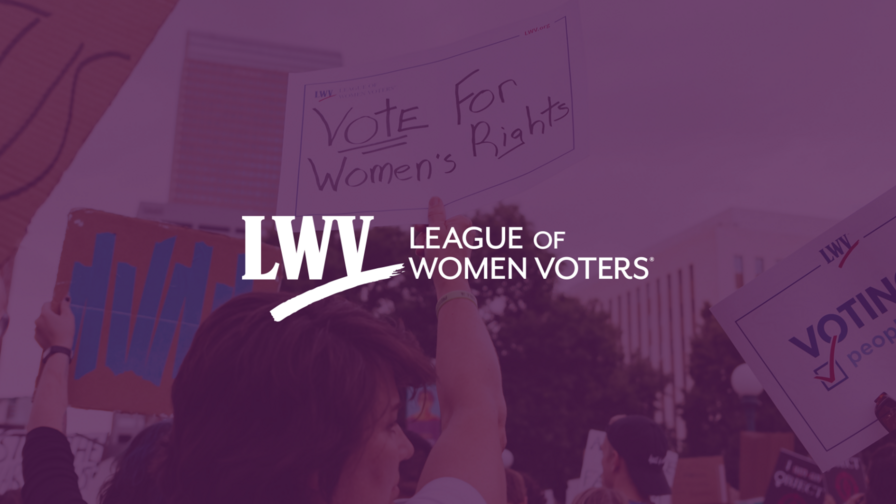EMTALA at SCOTUS: Abortion Will Always Be a Federal Issue
When the United States Supreme Court ruled in Dobbs v. Jackson Women’s Health Organization (2022) overturning Roe v. Wade, the court wrote that the right to an abortion would be left to the people and their state-level representatives. However, as the case of Moyle v. United States (consolidated with Idaho v. United States) demonstrates, this is not — and should not be — true.
If decided unfavorably, Moyle, which is set for oral argument before the United States Supreme Court on April 24, would leave women and people who can become pregnant at risk of permanent bodily harm. It would create a patchwork in which some states provide reproductive freedom and equal citizenship for people who can become pregnant while others don’t.
Stay Updated
Keep up with news about our democracy, including our work on reproductive rights, by joining our email list.
Abortion will not and should not be left to the whim of state legislatures, particularly when people’s health and lives are at risk.
What is Moyle v. United States?
Moyle v. United States asks whether the Emergency Medical Treatment and Labor Act (EMTALA), a federal law, preempts — or overrides — Idaho’s Defense of Life Act.
The Defense of Life Act forbids all abortions in the state except when necessary to save the life of the pregnant person or when the pregnant person self-reports as a victim of rape. Its exception to save the life of the pregnant person allows a physician to perform an abortion if they, in their good faith medical judgment, believe it is needed to prevent a pregnant patient’s death.
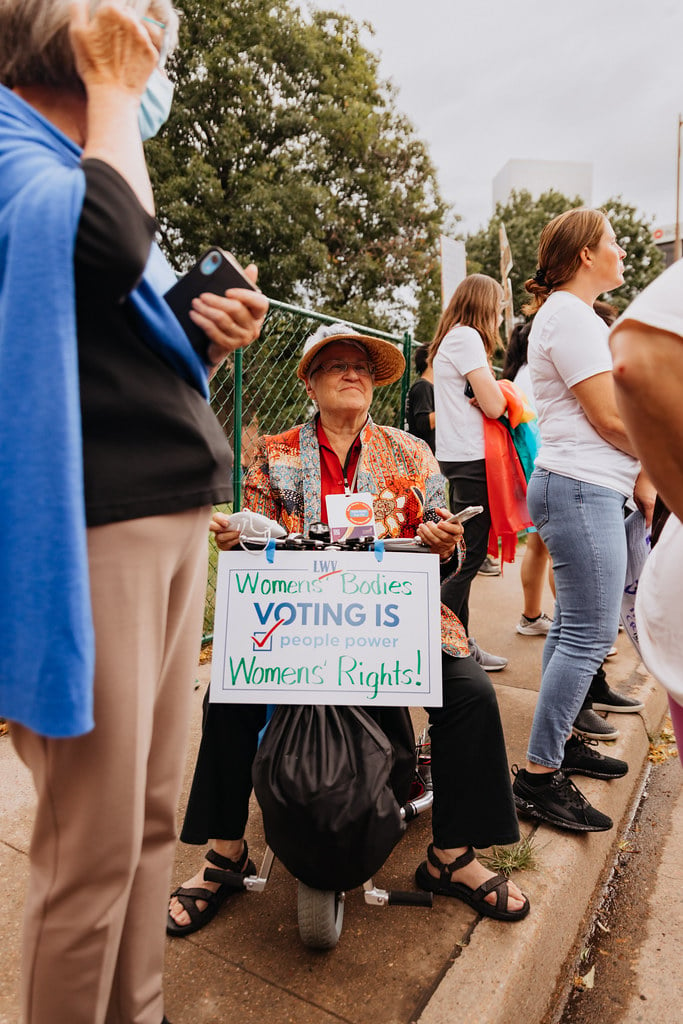
Meanwhile, EMTALA requires hospitals with emergency departments that participate in Medicare to:
- Provide screening upon a patient’s request for an emergency medical condition; and
- Provide stabilizing treatment or transfer them to another hospital if they cannot do so or at the patient’s request.
Under EMTALA, an “emergency medical condition” is defined as:
(A) a medical condition manifesting itself by acute symptoms of sufficient severity (including severe pain) such that the absence of immediate medical attention could reasonably be expected to result in— (i) placing the health of the individual (or, concerning a pregnant person, the health of the person or their unborn child) in serious jeopardy [or] (ii) serious impairment to bodily functions, or (iii) serious dysfunction of any bodily organ or part; or
(B) Concerning a pregnant person who is having contractions— (i) that there is inadequate time to effect a safe transfer to another hospital before delivery, or (ii) that transfer may pose a threat to the health or safety of the person or the unborn child.
In 2022, after the Supreme Court ruled that the US Constitution does not confer a right to abortion in Dobbs v. Jackson Women’s Health Organization — overturning decades of precedent—Idaho’s Defense of Life Act went into effect.
The federal government filed a lawsuit asserting Idaho’s law was preempted by EMTALA under the United States Constitution’s Supremacy Clause, which provides that federal law overrides state law in certain areas. The US Department of Health and Human Services (HHS) also issued guidance on EMTALA, defining abortion as a stabilizing treatment for certain conditions and requiring physicians to perform one if they determined a pregnant patient was experiencing an emergency medical condition that required it. The guidance made clear that if a state’s abortion ban did not include an exception to preserve the life of a pregnant patient or was narrower than the definition of an emergency medical condition in EMTALA, the state law would be preempted.
The court in United States v. Moyle enjoined Idaho’s Defense of Life Act on August 24, 2022, finding that it was preempted to the extent it conflicted with EMTALA. The case is now on appeal before the US Supreme Court, which will hear the case on April 24, 2024. Although the lower courts enjoined Idaho’s law, the US Supreme Court allowed the law to go into effect while the appeal was being considered. This decision is devastating for people who can become pregnant in Idaho because they may be denied lifesaving care.
The Arguments in Moyle
Put simply, Moyle v. United States concerns whether states can restrict abortion beyond what EMTALA currently allows.
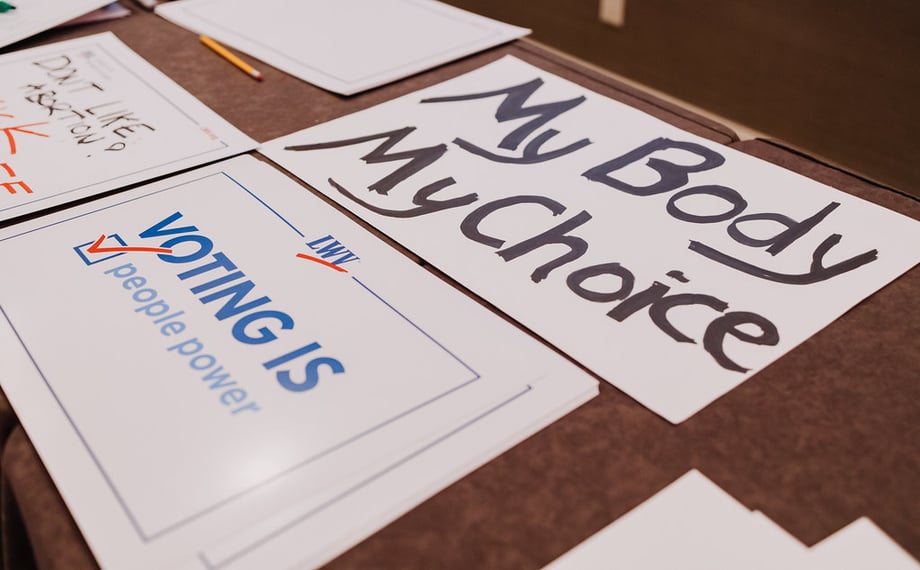
EMTALA’s advocates know that abortion is health care. Even with the advances in modern medicine, pregnancy is not without risk. Pregnant patients may experience complications that are life-threatening or could permanently damage their bodies and health. People experiencing pregnancy complications may require an emergency abortion to prevent these outcomes.
The Defense of Life Act does not contain a provision permitting abortion as stabilizing care for an emergency medical condition. Instead, it contains an exception to save the life of the pregnant person. This means that people who are experiencing pregnancy complications that are dangerous to their health but not immediately life-threatening cannot access abortion to treat their condition.
Idaho argues that EMTALA does not require states to allow specific treatments beyond the general requirement to stabilize patients. The state claims that allowing emergency abortions would conflict with the law’s text on the health of a fetus. Idaho further asserts that interpreting EMTALA to preempt the Defense of Life Act would supersede states’ right to regulate medicine.
Support our work in this and other legal cases.
For its part, the United States argues that EMTALA requires states to allow emergency abortions to protect the health of pregnant patients. The government also emphasizes the severe consequences of allowing a pregnant patient’s condition to deteriorate to a point where doctors can assert their lives were threatened enough to warrant an abortion is allowed under states’ laws.
The League of Women Voters of the United States, along with 97 other additional organizations, joined an amicus brief in favor of EMTALA’s abortion protections authored by the National Women’s Law Center and Cohen Millstein Sellers and Toll. The brief points out that ruling in favor of Idaho would worsen the ongoing maternal health crisis and the racial disparities in maternal mortality already existing in the United States. The amici urges the Court to rule that EMTALA protects access to emergency abortion and prevent harm, particularly to communities that already suffer from oppression and disinvestment.
The Implications of a Decision on EMTALA
EMTALA is a legal support that requires qualifying hospitals to provide basic care and prevent death or serious health consequences from pregnancy complications. Standing alone, EMTALA does not address the many issues with maternal health in the United States; that said, it is a fundamental protection.
Were the Court to side with Idaho, abortions could only be performed in the state under highly restrictive circumstances —for example, only when the life of the pregnant person is threatened.
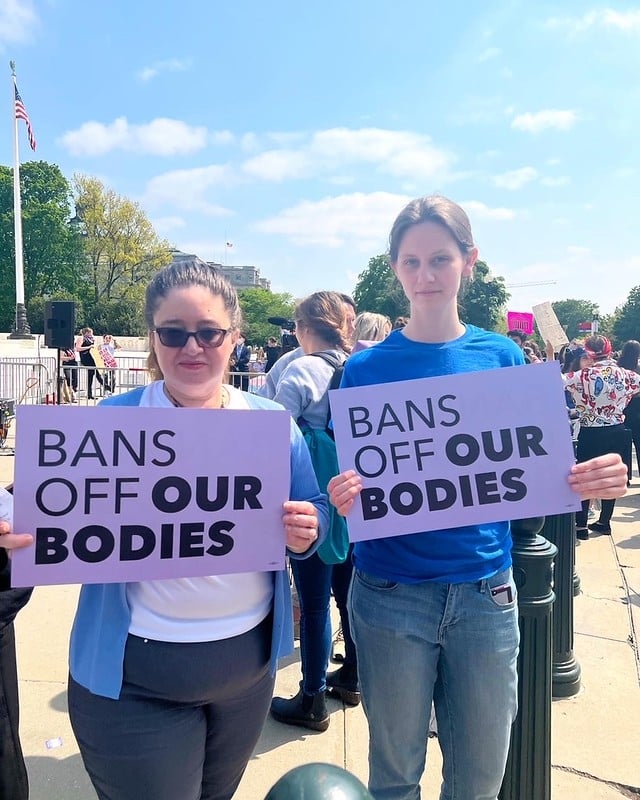
In practice, these circumstances often prove unworkable. Their wording is vague and unclear as to when exceptions apply, causing abortion providers to favor inaction out of fear of civil and criminal penalties.
Even in states that theoretically allow abortions to protect a pregnant patient from severe and/or permanent complications, health care providers are dissuaded from providing proper care. For example, in Louisiana, doctors have made treatment decisions that were not the best available option for fear of violating the state’s abortion laws, which penalize violations with years in prison and punitive fines. Similarly, in Texas, Kate Cox, a mother whose fetus was diagnosed with fatal abnormalities, was unable to receive an abortion, even though continuing to carry her pregnancy would place her at risk of severe complications, including uterine rupture and hysterectomy, and endanger her ability to have children in the future. While Texas’ abortion ban had an exception for complications that might cause “substantial and irreversible physical impairment of a major bodily function,” Ms. Cox was unable to receive an abortion in the state due to her doctors’ fear of criminal prosecution Eventually, Ms. Cox was forced to leave Texas and obtained an abortion in another state after her condition deteriorated.
Without EMTALA protecting the ability of doctors at hospitals to perform abortions as health-preserving procedures, these situations will continue. Doctors cannot be expected to risk professional sanctions, fines, or even felony charges stemming from vague state laws. EMTALA is required to provide clear legal protection for doctors caring for their patients.
Regardless of the decision in this case, abortion will continue to be a federal issue in other ways.
Interstate Travel to Receive an Abortion
Pregnant people in Kate Cox’s position may have no choice but to travel outside their home state to receive proper care. This is not an option available to many pregnant people who lack the resources to travel long distances, sometimes hundreds of miles, to facilities that can treat them.
Furthermore, state officials have begun questioning whether the right to interstate travel, a right the Supreme Court previously ruled is protected by the Privilege and Immunities Clause of the Fourteenth Amendment, prevents states from prosecuting people who travel out-of-state for abortions or assisting others in doing so.
Idaho has passed a law imposing criminal penalties on adults who transport a minor who is not their child out of state to receive an abortion. The ban is currently being litigated. Alabama’s Attorney General threatened to prosecute organizations assisting pregnant Alabamans with accessing abortion access outside of the state; in response, the Yellowhammer Fund, a local reproductive justice organization, filed a federal lawsuit. While Justice Kavanaugh’s concurrence in Dobbs implied that people have the right to travel to another state to access abortions, there is no assurance that a future Supreme Court majority would protect that right.
Even in states that protect abortion rights, some local communities, for example, Hobbs, New Mexico, which borders Texas, have resisted the establishment of facilities that provide reproductive care. The city enacted an ordinance banning abortion clinics from being operated within its borders. Lubbock County in Texas also passed an ordinance forbidding pregnant Texans from traveling through an unincorporated area of the county to receive an abortion in another state.
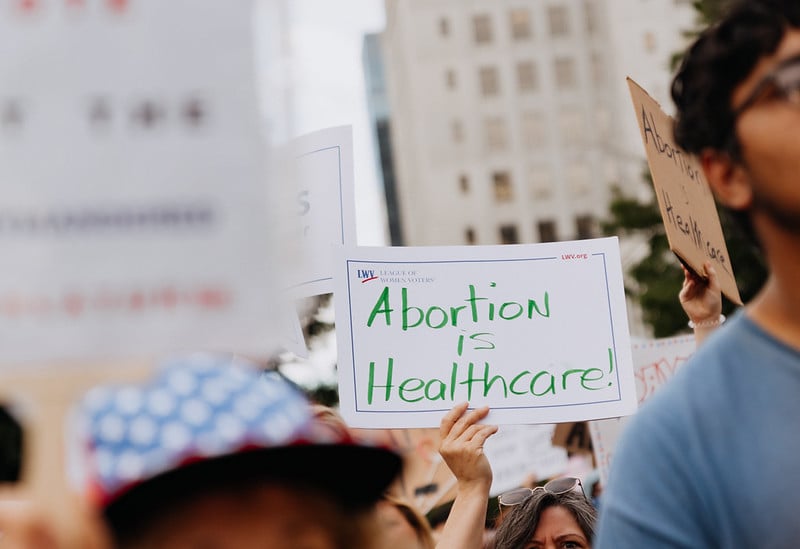
Abortion Goes Beyond States’ Rights
As the events above and Moyle demonstrate, Dobbs did not return the issue of reproductive freedom to the states. Instead, courts will now be faced with whether pregnant people can fully avail themselves of abortion as a medical procedure to prevent permanent damage from pregnancy complications. The Supreme Court’s decision in Moyle will determine whether the federal government can use EMTALA to protect the reality that abortion is stabilizing health care.
Dobbs and Moyle show that abortion is not simply a question of states’ rights or constitutional law. Abortion is an integral part of health care, and the right and access to it, and by extension, proper maternal health care, cannot hinge on state laws.
Should the federal government prevail in Moyle, EMTALA may ensure access to abortion as stabilizing care for emergency medical conditions. But reproductive freedom can only be properly protected by amending state constitutions to enshrine it as a fundamental right, and ultimately, federal legislation such as the Women’s Health Protection Act must be passed, or a federal constitutional amendment ratified so that abortion rights to do not hinge on a Supreme Court majority’s willingness to protect it.
How to Take Action
-
Read the League of Women Voters’ materials and work on reproductive justice;
-
Support reproductive rights organizations and abortion funds across the nation, such as Planned Parenthood or your local abortion fund;
-
Join your local League to learn about and support efforts to protect and expand access to reproductive choices in your area;
-
Help destigmatize reproductive health care by sharing your story, or uplifting the stories of people who would like to share.
The Latest from the League
WASHINGTON — The League of Women Voters of the United States joined an amicus brief filed in the consolidated Idaho v. United States and Moyle v. United States cases before the US Supreme Court. The cases concern whether states can block pregnant people from getting emergency abortion care in hospitals, which if adopted, would have devastating implications for pregnant people facing medical emergencies. The amicus brief is led by the National Women’s Law Center and the League is represented by Cohen Milstein.
One year ago today, the Supreme Court of the US took away our right to bodily autonomy.
LWV President Dr. Deborah Turner launches her three-part blog series about the impact of Dobbs and other anti-abortion legislation with a look at the medical impact of anti-abortion laws.
In June 2022, the US Supreme Court ruled in Dobbs v. Jackson Women’s Health Organization, ending the federal constitutional right to abortion. This ruling eliminated a fundamental right that women and people who may become pregnant held for nearly fifty years and left the right to abortion up to federal and state legislation.
One year after Dobbs, 20 states are enforcing more limited abortion bans than before the ruling, including 14 states that have banned abortion at conception. Additionally, many have implemented other restrictions that make abortion less accessible.
Sign Up For Email
Keep up with the League. Receive emails to your inbox!
Donate to support our work
to empower voters and defend democracy.





